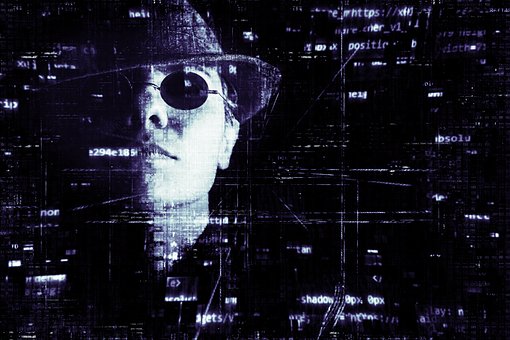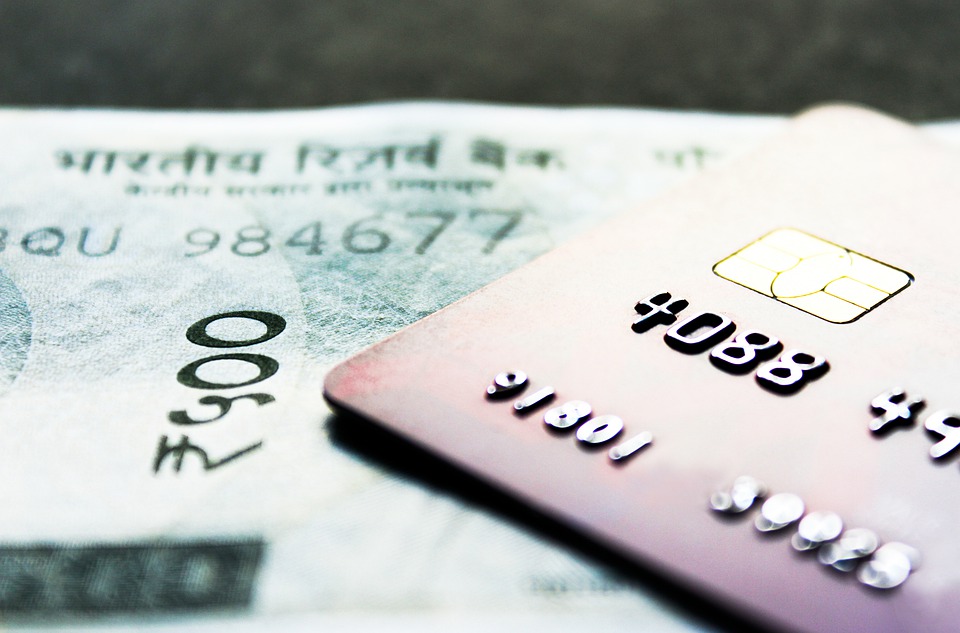Introduction
Forensic accounting or financial forensics is the practice of resolving the anticipated disputes or litigation by utilizing the accounting, auditing, and investigative skills.
Forensic accountants are skilled enough to look beyond the possibility and cope with the existing fraud cases. With the application of several theories and investigative principles, the forensic accountant tends to deal with every dispute.
Significance of forensic accountancy
As the business world is rising, the opportunities for the forensic accountants are also rising. With the multiplied growth in the number of security scams and business frauds, the requirement of the forensic accountant has increased in every sector.
Forensic accountants play a vital role to control these frauds and scams because the law enforcement officers, otherwise tend to ignore the digital evidences. In this way, a large number of businesses and the administrative agencies rely on the forensic accountants.
Evolution of computer forensics
With the rise of different e-commerce platforms, there has been an increase in e-fraud cases and issues. In order to recognize and h andle those issues, a large number of companies are relying on forensic IT services. Hence, forensic accounting has emerged as an important factor behind the business growth. Computer forensics is simply based on the combination of computer science and investigative skills.
In today’s world, both computer forensics and its sub-disciplines are the key tools for analyzing and resolving the task as a forensic accountant. There are many sub-disciplines of computer forensics and some of them are computer media analyses, imagery enhancement with video and audio enhancements and database visualization. Computer forensics is specialized in the task of fraud detection and data matching or data mining.
Work area of a forensic accountant
A forensic accountant acts as a “watchdog” for a company and focuses on unearthing financial evidence with deep investigation and analysis. Forensic accountants are employed by government, police departments, insurance companies, banks, social or cooperative agencies and other firms. A forensic accountant is often involved in the following:
- Conducting investigations
- Analyzing and interpreting financial evidence
- Solving business disputes with deep research and accounting practices
- Analyzing losses and potential damage
- Making reports related to research and findings
- Attending the legal proceedings in the court
The forensic accountant deals with the following disputes and issues
- Corporate disputes
1. Business valuations
2. Shareholder disputes
3. Partnership disputes
4. Professional negligence and negotiations
5. Employee fraud investigation
6. Bankruptcy - Criminal investigations
- Personal injury claims, accident claims and other types of insurance claims evaluations
- Divorce and matrimonial disputes
How to become a good forensic accountant?
Forensic accountants are well- trained professionals who deal with several business disputes and resolve them with their investigative and accounting skills. However, it takes time and experience to become familiar with the work field of forensic accounting. Follow this educational path to make a career in forensic accountancy
- Pass- out from the high school
- Bachelor’s in accounting or forensic accounting
- Clear chartered accountancy examination
- Pursue diploma or certification course in Forensic accounting. You can also take additional academic knowledge in the fields like criminal justice or law enforcement, sociology, psychology, criminal law, business law, information systems, and communication.
- Practice and gain experience in the field of Forensic accounting
- One may also pursue post -graduate degree in forensic accounting
Significant qualities of a successful forensic accountant
- Active and attentive
- Creative enough to build his own ideas
- Responsible and dedicated for work
- Calm and persistence
- Must have investigative mind
- Good communication skills
- Ability to analyze the both sides of the case
Conclusion
From the above discussion, it is observed that the work of a forensic accountant is not completely based on educational qualification. In fact, there are the certain must- have qualities to carry on with this profession. However, it is not possible to have all those qualities in one person. Hence, there is a big team of professionals, investigators, accountants, financial analysts and technical supporters who work together to solve every issue.
Also read: Can the new Insolvency and Bankruptcy Code prevent Vijay Mallya like cases in future?


























